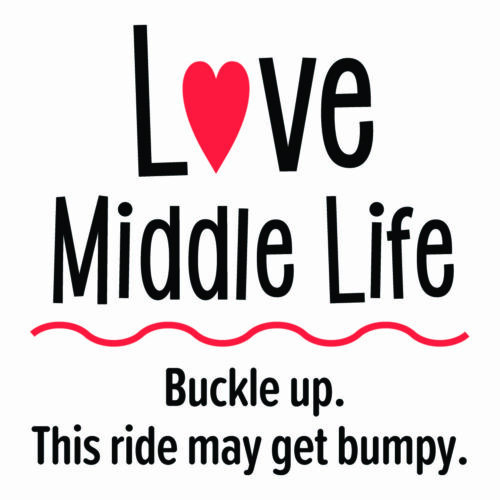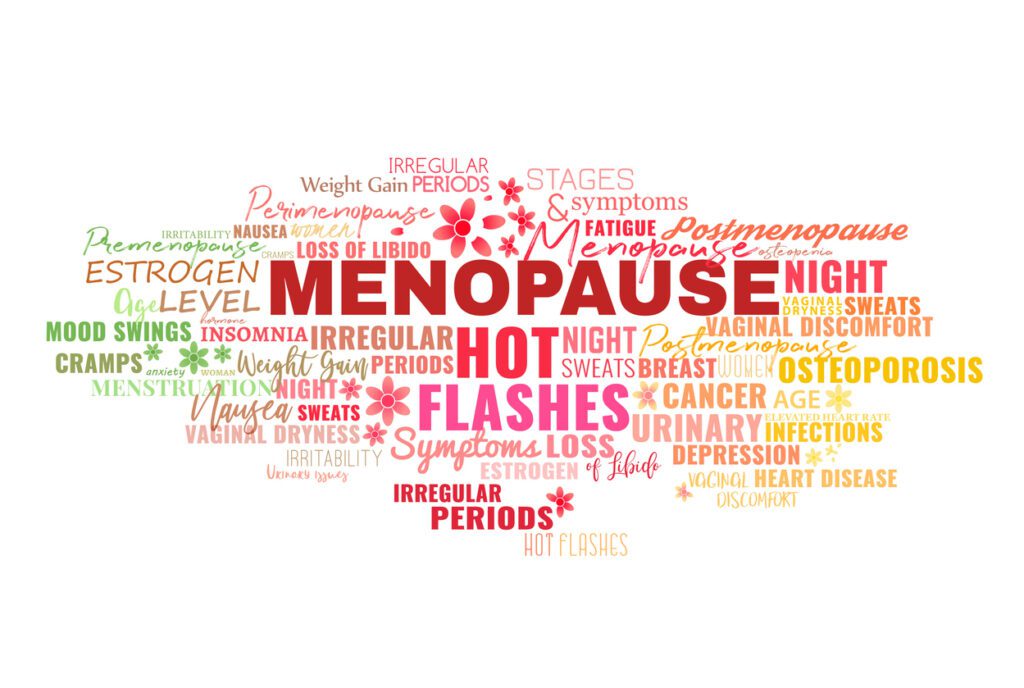You’re doing everything right—eating the salads, showing up to workouts, drinking the water, maybe even meditating when you remember—and still…
The scale creeps up.
Your sleep is trash.
Your brain fog is real.
And you just told off a barista for spelling your name wrong.
Welcome to midlife. It’s not just you.
And no, you’re not broken.
Wait—Perimenopause Starts When?
Most of us were told menopause happens “around 50,” as if that’s when the wheels fall off. But what no one told us is that perimenopause—the transitional rollercoaster that leads up to menopause—can start in your late 30s or early 40s. For many of us, that means hormone shifts are already messing with everything from sleep to skin long before we even consider that “the change” has begun.
Hot flashes? Sure, sometimes.
But also: joint pain, mood swings, anxiety, forgetfulness, irregular periods, sudden food sensitivities, and yes—weight gain that feels wildly unfair.
The “Invisible” Symptoms Nobody Talked About
Let’s normalize the truth: perimenopause and midlife come with a lot of invisible symptoms that can make you feel like you’re losing your edge. Your brain might feel foggy. Your energy might vanish mid-afternoon. Your once-dependable motivation might ghost you entirely.
And here’s the kicker—many of us push through, thinking we’re just lazy or unfocused. But your body is doing something massive behind the scenes. It’s recalibrating. It’s responding to shifts in estrogen, progesterone, cortisol, and insulin—all of which affect sleep, mood, metabolism, and more.
Why What Worked at 35 Doesn’t Work Anymore
Raise your hand if you’ve doubled down on old routines—more cardio, fewer carbs, stricter diets—only to feel worse, not better. It’s not because you’re not trying hard enough. It’s because midlife bodies play by a different set of rules.
In midlife, our metabolism slows, muscle mass naturally declines, and our stress response system gets more sensitive. That intense bootcamp workout might actually spike your cortisol and make your body cling to fat. That low-calorie diet? It might tank your energy and make hormone imbalances worse.
What Your Body Actually Needs Now
Midlife isn’t asking you to work harder—it’s asking you to work wiser.
Here’s what tends to help more than hustle:
- Protein (especially at breakfast) to help build and maintain muscle
- Strength training to boost metabolism and support bone health
- Rest and recovery (seriously—sleep is hormonal gold)
- Nervous system support like breathwork, walking, or even quiet time alone
- Grace—because healing and adapting require patience
This stage of life invites us to get curious about our bodies, not punish them. It’s about learning a new language your body is speaking—and answering with care instead of control.
Final Thought: This Isn’t Failure. It’s Biology.
You’re not lazy, weak, or undisciplined. You’re human. You’re evolving. And if no one told you this was coming, let me be the one to say: you’re not alone. There’s power in understanding what’s happening and choosing to meet your body with compassion instead of criticism.
This chapter isn’t about fixing what’s broken. It’s about supporting what’s changing.
You’ve got this.

